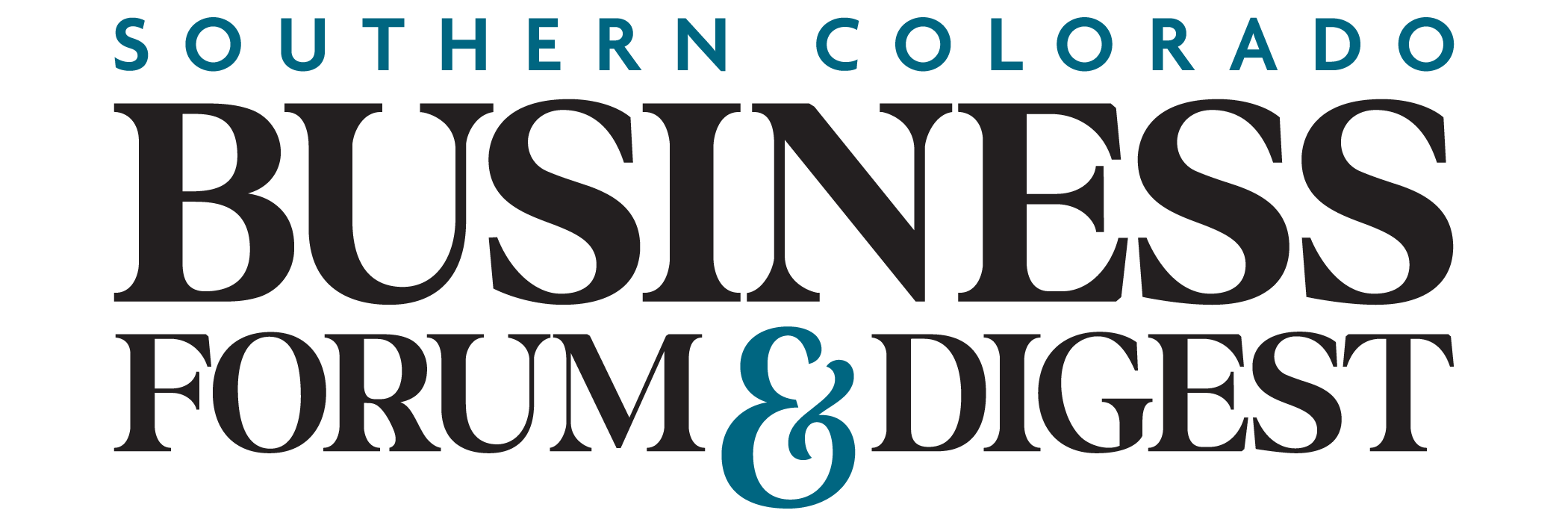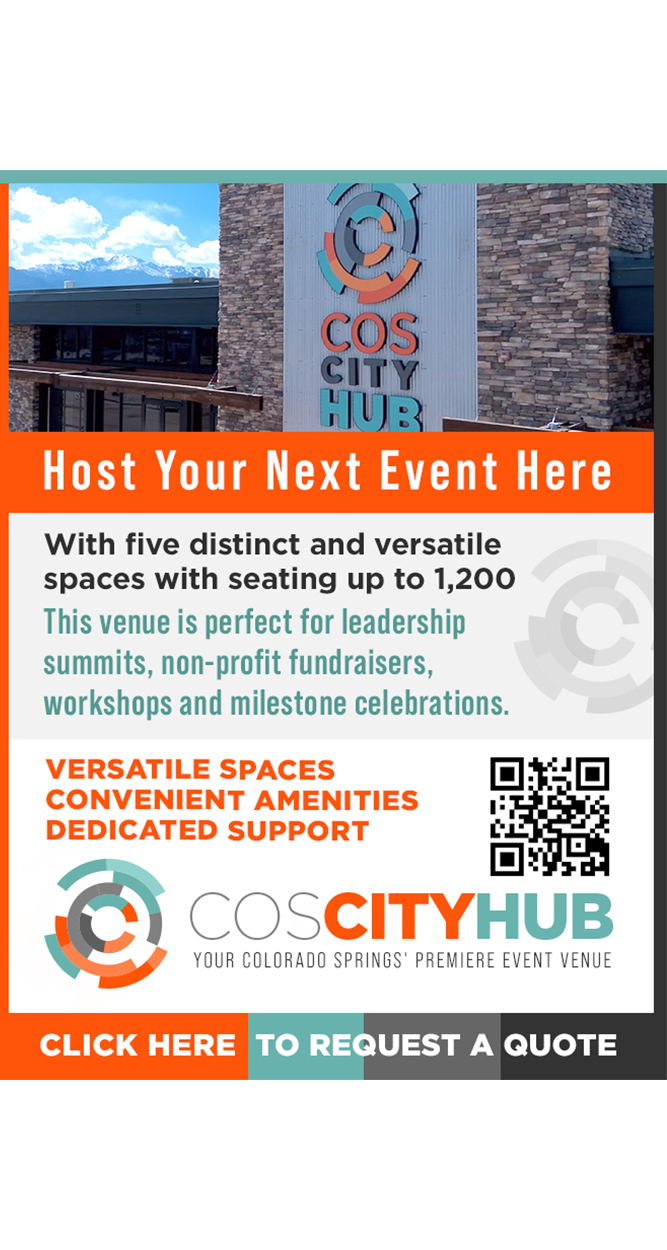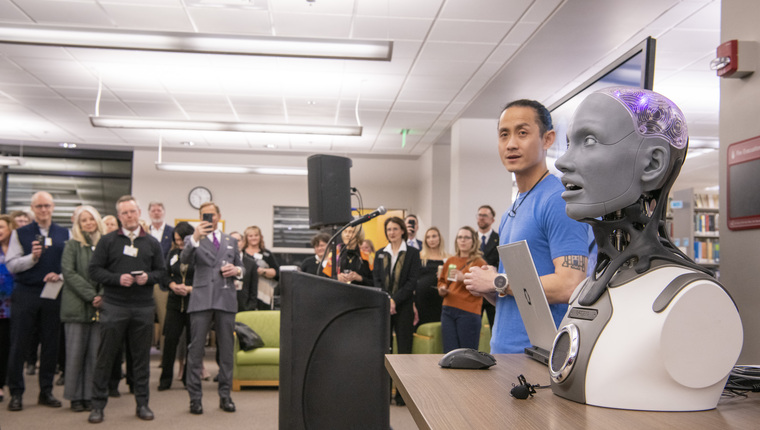
C3 Innovation seeks to influence how industry, business and higher education think in the future. Interactions, brainstorming and collaboration between diverse parties create an innovation ecosystem.
“Ultimately, I think what we want to do with this is make that impact to support economic development, to support research, to support new ideas, new ventures, new creations—artistic or otherwise—to allow people to unleash their creativity with an organization that supports that,” says Benjamin Kwitek, co-founder of C3 Innovation.
In development for many years, C3 Innovation officially launched as part of the University of Colorado, Colorado Springs (UCCS), in February. Much of C3’s initial work will focus on organizational transformation within UCCS and the University of Colorado system. Consulting services, workshops and other programs for the wider community will come online soon.
Co-founder Seth Porter made a name for himself elevating the reputation of the Kramer Family Library as dean and senior executive director of Innovation & Technology at UCCS, as well as contributing to the economic development of the Colorado wine industry.
Kwitek was a distinguished entrepreneur holding patents licensed to the biggest names in technology before becoming the inventor-in-residence and director of Innovation at UCCS. He administers the Bachelor of Innovation (BI) degree program. The first of its kind, the degree aims to create innovators who bring a different mindset to solving problems and putting ideas into action.
They founded C3 Innovation to enhance multidisciplinary collaboration across the university and the broader community. C3—creativity, community and curiosity—encourages strategic foresight in problem solving.
C3 in action is composed of a fellowship program for faculty, partnerships with a broad spectrum of organizations and businesses, the C3 Design Lab and bringing in culture futurist Theo Edmonds.
Edmonds’ role is to embed strategic foresight and futurist thinking into C3 and its partners, serving as both a resource and an agent of change. His creative, interdisciplinary approach to partnership and innovation is part of C3 to cultivate an agile way of thinking and to make organizations more creative.
The C3 Design Lab is both physical space and a mode of thinking. It will open next fall and house cohort trainings for students on how to design, code and launch apps into the iOS App Store using Swift coding language.
“But that’s only one piece of the puzzle,” says Kwitek. “We’ve developed a three-phase program.”
The design lab will take participants through design thinking and problem solving to technical programming and then to entrepreneurial venture, creating a company and having economic impact.
“Whether their app succeeds or fails, they’ve built up the skills,” adds Porter. “Whether they end up becoming a successful entrepreneur or a successful entrepreneur for major organizations.”
Being chosen now are between eight and 12 faculty members who will participate in a cohort for two years. This fellowship provides financial support and the freedom to cross boundaries and stimulate interdisciplinary innovations. Trained in innovation, creativity and strategic foresight, they’ll partner with community organizations, whether it is an international firm, local startup, accelerator program, Pioneers Museum or public library. The first C3 Innovation fellowship cohort begins in fall 2025.
“A lot of what they’ll be doing is working with partners to diffuse their expertise… to the community for economic gain, for community development, for nonprofit development,” says Porter.
“We could define it as the transformation of ideas into impact,” says Kwitek.
And the expertise of those partners will also come back to improve the university. A similar student fellowship is planned for the future.
The spring of 2026 will see other significant developments for C3 Innovation.
“I think UCCS is the right place to do it,” says Porter. “There’s this long history of innovation and corporate partnerships and community partnerships at UCCS in Colorado Springs. How do we build upon the work that has been done in the innovations on campus and make sure it’s the front door for what we’re trying to do?”

